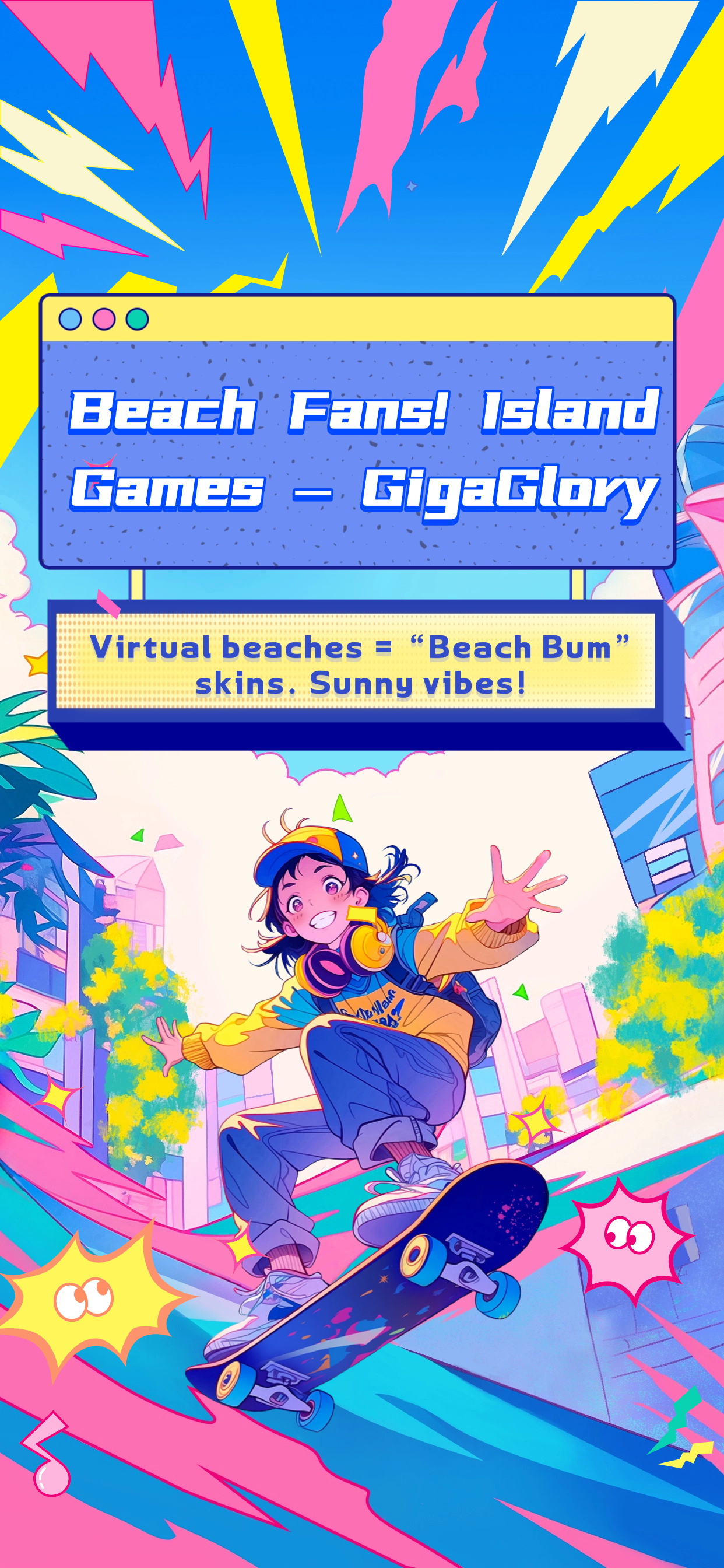Mastering the Art of Strategy: How Resource Management Games Redefine Simulation Gaming
Simulation games have always had a magnetic charm, drawing players into worlds where strategy meets creativity. Among them, resource management games stand out as a unique subgenre, offering a blend of planning, foresight, and intricate decision-making. But what exactly makes these games so captivating? In this article, we'll explore not only the mechanics and appeal of resource management games but also how they are reshaping the broader landscape of simulation gaming.
The Rise of Simulation Gaming
In the realm of video games, few genres have left as profound an impact as simulation games. Emerging from the early days of gaming, titles like The Sims and SimCity laid the foundation for a genre that prioritizes realism and strategic planning.
Defining Resource Management Games
Resource management games (RMGs) are a captivating subset of simulation gaming. At their core, these games challenge players to gather, allocate, and optimize resources to achieve specific goals. Whether it’s constructing a thriving city or managing a workforce in a factory, the principal objective remains consistent: maximize efficiency and sustainability.
Key Characteristics of Resource Management Games
- Resource Gathering: Players start with limited resources and must gather more through strategic choices.
- Systems Thinking: Understanding the interrelationships between different resources and how they affect one another is crucial.
- Real-Time Management: Many RMGs require players to make decisions quickly, adding an extra layer of challenge.
- Goal-Oriented Gameplay: Players often work towards achieving specific objectives that drive the game forward.
The Appeal of Resource Management Mechanics
What draws players to these intricate mechanics? First and foremost is the sense of accomplishment that comes from overcoming challenges and optimizing strategies. Managing limited resources effectively often leads to “aha!” moments that spark joy and satisfaction—a fundamental aspect of human psychology.
Innovative Examples in Resource Management Games
Several titles have exemplified resource management mechanics, pushing the boundaries of simulation gaming:
- Factorio: Players build and manage factories, harnessing automation to increase production efficiency.
- Stardew Valley: A perfect blend of farming and resource management, where players cultivate their land and manage their time wisely.
- Oxygen Not Included: Navigating a space colony where players must manage air, food, and water while dealing with complex systems.
What Happens When a FACEIT Match Crashed?
In competitive gaming, technical issues can disrupt the flow of play. A FACEIT match crashing can leave players bewildered and frustrated. In these instances, strategies may take a back seat as teams scramble to recalibrate their approach. Just as in resource management games, where resource allocation is disrupted, these interruptions can have real impacts on player morale and strategy execution.
Learning from Failure in Resource Management Games
One of the most rewarding aspects of RMGs is the opportunity to learn from mistakes. Each failure can be a stepping stone, offering insights into better strategies and more effective resource use. This focus on iteration contributes not just to a sense of mastery but to a significant increase in player engagement over time.
Understanding Spices That Go Well in Potato Soup
Just as players must understand the elements in their games, home chefs often seek to combine flavors effectively. When making potato soup, certain spices elevate the dish to new heights:
| Spice | Flavor Contribution |
|---|---|
| Salt | Enhances overall flavor |
| Pepper | Adds warmth and depth |
| Thyme | A hint of earthiness |
| Garlic Powder | Rich undertones |
| Nutmeg | A subtly sweet finish |
Community and Collaboration in Resource Management Games
Many RMGs also focus significantly on community interaction and collaboration. Players can share strategies, tips, and resources, enriching the overall experience. This community-driven aspect often fosters an environment where knowledge is exchanged freely, enhancing gameplay further.
Future Trends in Resource Management Games
The future of resource management games is bright. As technology evolves, we can expect to see innovations such as:
- Enhanced AI: Smarter NPCs that react dynamically to player choices.
- Greater Complexity: More variables at play, pushing players to think critically.
- Cross-Platform Integration: Enabling players to connect and compete across different devices.
Conclusion
Resource management games encapsulate the essence of strategic thinking within simulation gaming. Their appeal lies not only in the challenge and complexity they present but also in the layers of community and collaboration they build. The lessons learned from both triumphs and setbacks in these games can inform and inspire real-world decisions, making them not just a pastime, but a tool for developing critical thinking and resourcefulness. As we continue to explore the art of strategy through these dynamic games, one thing is clear: the landscape of simulation gaming is forever changing, inviting both seasoned players and newcomers to master their own narratives.



